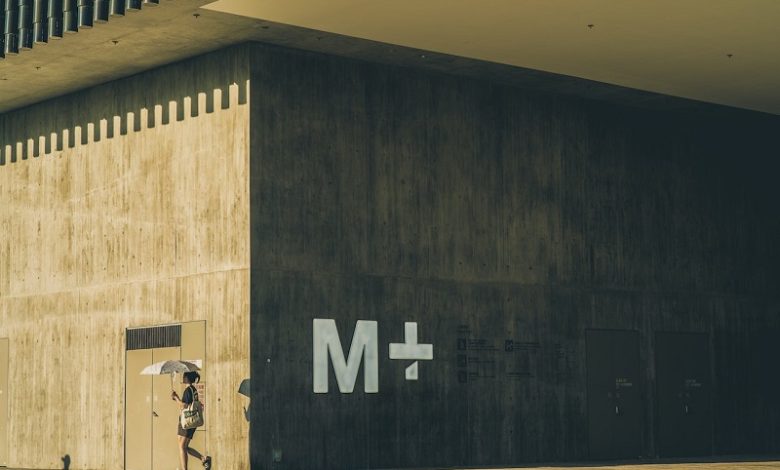Guide to Concrete Sealing: Everything You Need to Know

Concrete is an incredibly versatile material, used in everything from driveways and patios to countertops and floors. However, like any material, concrete can be damaged by water, stains, and wear and tear over time. This is where concrete sealing comes in. Concrete sealers are applied to concrete to protect it from surface damage, corrosion, and staining. They either block the pores in the concrete to reduce absorption of water and salts or form an impermeable layer which prevents such materials from passing.
Understanding Concrete Sealing
House Settling Cracks are a common concern for homeowners with concrete structures. These cracks can develop over time due to shifts in the ground or settling of the house foundation. To ensure your concrete remains in excellent condition, it’s crucial to understand how to address and prevent these cracks. Proper concrete sealing is a key step in this process, as it helps keep your concrete strong and resilient against the stresses that can lead to settling cracks.
Concrete sealing is a process that involves applying a protective coating to concrete surfaces to prevent damage and extend their lifespan. This process can be done on both new and existing concrete surfaces, and is essential for maintaining the appearance and structural integrity of your concrete installations. Whether you have a concrete driveway, patio, or interior floor, sealing your concrete can provide numerous benefits.
Types of Concrete Sealers
There are two main types of concrete sealers: penetrating sealers and film-forming sealers. Penetrating sealers penetrate into the concrete to form a chemical barrier that shields against moisture absorption and deicing chemicals. These are usually invisible and maintain the natural appearance of the concrete. Film-forming sealers, on the other hand, form a protective film on the surface of the concrete. They can enhance the color and give a glossy finish to the concrete.
Benefits of Concrete Sealing
Concrete sealing provides numerous benefits. It protects against stains, damage, and discoloration, and can enhance the color and sheen of the concrete. Sealing also makes the concrete easier to clean and maintain, and can prevent mold and mildew growth. It is a cost-effective way to prolong the life of your concrete and keep it looking its best.
Concrete Sealer Application
Applying a concrete sealer is a multi-step process that involves cleaning the concrete, applying the sealer, and then allowing it to dry. It’s important to choose the right type of sealer for your concrete, and to apply it properly to ensure the best results. Depending on the type of sealer, you may need to apply multiple coats and wait a certain amount of time between coats.
Concrete Sealer Maintenance
Once your concrete has been sealed, it’s important to maintain it properly to ensure its longevity. This might involve periodically cleaning the surface, reapplying the sealer every few years, and avoiding the use of harsh chemicals or pressure washers that could damage the sealer.
DIY vs Professional Concrete Sealing
While it’s possible to seal your concrete yourself, hiring a professional can ensure that the job is done right. Professionals have the expertise and equipment to properly prepare the surface, apply the sealer, and ensure that it dries correctly. However, if you prefer to do it yourself, there are plenty of resources available to guide you through the process.
Special Considerations: Driveway and Patio Sealing
When sealing a driveway or patio, there are some special considerations to keep in mind. These outdoor areas are exposed to the elements, and therefore require a durable, weather-resistant sealer. Additionally, because these areas are often used for parking or entertaining, they may require a sealer that can withstand heavy use and potential spills.
Conclusion
Concrete sealing is a crucial part of maintaining your concrete installations. It provides protection against damage and wear, enhances the appearance of the concrete, and makes it easier to clean and maintain. Whether you choose to do it yourself or hire a professional, sealing your concrete is a worthwhile investment that can prolong the life of your concrete and keep it looking its best.



